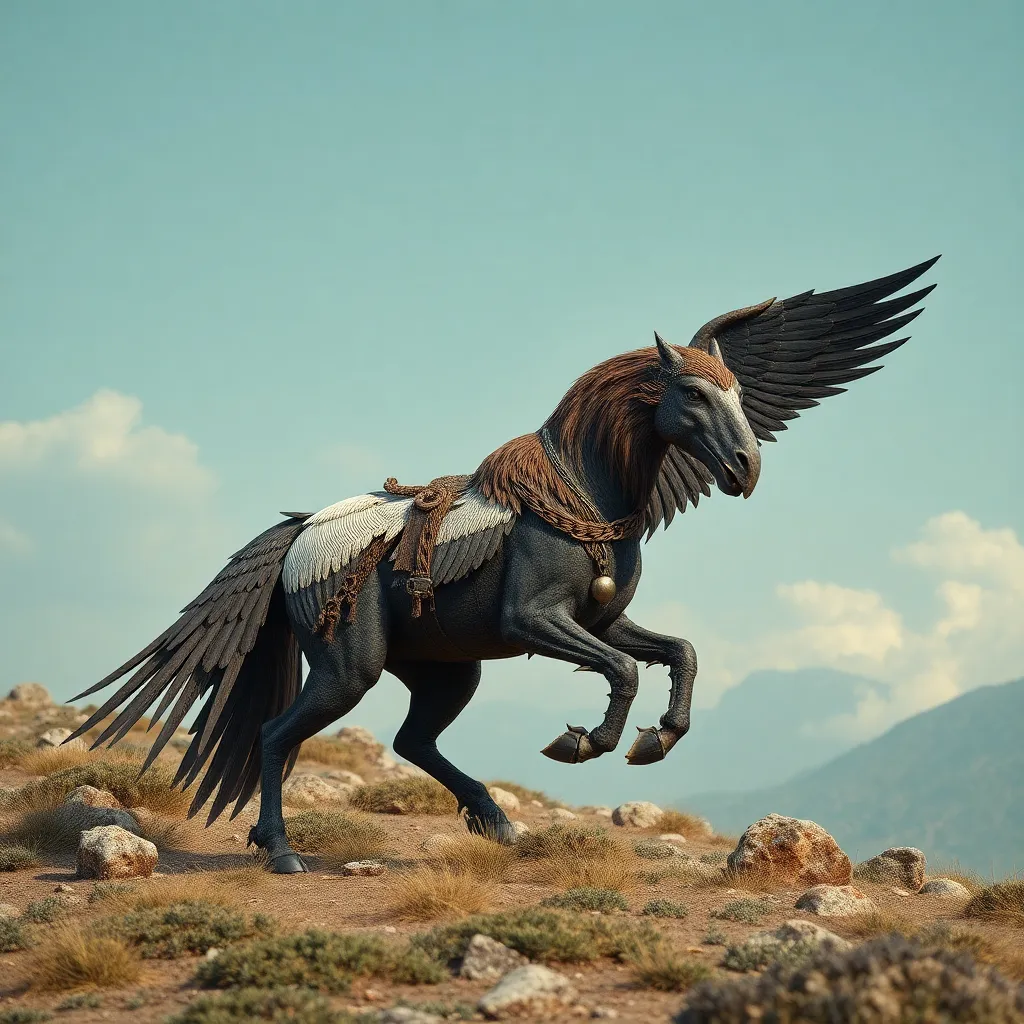The Journey of Change: Transformations That Inspire Growth in Myths
Introduction: The Power of Myths in Human Experience
Myths have been an integral part of human culture, serving as vessels of meaning, morality, and understanding. They are traditional stories that explain natural phenomena, human behavior, and the very essence of existence. Myths often reflect the values, beliefs, and aspirations of the societies from which they emerge. A significant theme found within many myths is transformation, illustrating the profound changes that characters undergo. Understanding these transformations not only enriches our comprehension of cultural narratives but also offers valuable insights for personal growth.
The Concept of Transformation in Mythology
Transformation is a recurring motif in mythology, symbolizing change, growth, and the journey towards self-discovery. Various mythologies feature characters who undergo significant transformations, whether physical, emotional, or spiritual. Common transformative figures include:
- Heroes: Often start as ordinary individuals before becoming extraordinary through trials.
- Gods: Many deities experience transformations that reflect their evolving nature.
- Monsters: Creatures often symbolize chaos that must be transformed or tamed.
The psychological implications of these transformations are profound; they mirror the struggles and aspirations of individuals, providing a framework for understanding personal evolution.
Cultural Variations of Transformation Myths
Transformation myths are present in various cultures, each offering unique narratives and lessons. Some notable examples include:
- Greek Mythology: The tale of Daphne, who transforms into a laurel tree to escape Apollo, signifies the struggle between desire and autonomy.
- Hindu Mythology: The story of Vishnu’s avatars demonstrates the divine taking on different forms to restore cosmic order.
- Native American Myths: The transformation of a caterpillar into a butterfly symbolizes personal rebirth and spiritual awakening.
These myths highlight the universal themes of change while illustrating how cultural contexts shape their narratives, providing lessons relevant to the society’s values and beliefs.
The Hero’s Journey: A Framework for Transformation
Joseph Campbell’s concept of the Hero’s Journey outlines a universal pattern found in many myths and stories. This framework consists of several stages that heroes undergo, which are crucial for personal growth:
- Call to Adventure: The hero receives a challenge or quest.
- Crossing the Threshold: The hero leaves their familiar world.
- Trials and Tribulations: The hero faces challenges that test their character.
- Transformation: The hero undergoes a significant change, gaining new insights or powers.
- Return: The hero returns to their community, often as a wiser individual.
Case studies of mythological heroes such as Perseus, Odysseus, and Arjuna illustrate these stages, showcasing how their journeys reflect the transformative processes that individuals experience in real life.
Mythical Creatures and Their Transformations
Mythical creatures often embody the theme of transformation, representing the duality of nature and the complexities of identity. Notable examples include:
- Werewolves: Symbolizing the struggle between human and animalistic instincts.
- Phoenix: A representation of death and rebirth, showcasing resilience and renewal.
- Changelings: Reflecting themes of identity and the fear of losing one’s true self.
These transformations carry deep symbolism, often teaching lessons about acceptance, the cyclical nature of life, and the importance of embracing change.
The Role of Adversity in Transformative Myths
Adversity is a catalyst for transformation in many myths. The trials and tribulations faced by characters often lead to profound growth and development. For example:
- The Trials of Hercules: Hercules’ challenges not only test his strength but also shape his character and moral integrity.
- Job from the Bible: Job’s suffering leads to a deeper understanding of faith and resilience.
These narratives illustrate the psychological aspects of overcoming obstacles, emphasizing that challenges can foster personal growth and resilience.
Modern Interpretations of Transformational Myths
Contemporary literature and film often reinterpret traditional myths, making them relevant to modern audiences. Examples of modern stories inspired by mythological transformations include:
- “The Lion King”: The journey of Simba mirrors the Hero’s Journey, showcasing themes of loss, identity, and redemption.
- “Harry Potter”: Harry’s transformation from an orphaned boy to a powerful wizard reflects the universal struggle against adversity.
These modern interpretations highlight the enduring relevance of ancient myths, demonstrating how they continue to inspire and shape our understanding of transformation.
Lessons from Myths: Applying Transformations to Personal Growth
Mythological transformations offer valuable lessons that can be applied to personal growth. Practical applications include:
- Embracing Change: Recognizing that change is a natural part of life can help individuals navigate transitions.
- Mindfulness: Practicing mindfulness encourages reflection on personal journeys and the lessons learned.
- Setting Goals: Like heroes in myths, setting clear goals can guide personal transformations.
By learning from mythological narratives, individuals can cultivate resilience, adaptability, and a deeper understanding of their own transformative journeys.
The Impact of Transformation on Community and Society
Collective myths play a significant role in fostering societal change and growth. Transformative myths often influence cultural movements, shaping collective identities and aspirations. Examples include:
- The American Dream: A modern myth that embodies the transformation from struggle to success.
- Environmental Movements: Myths that emphasize humanity’s connection to nature inspire collective action for sustainability.
These examples illustrate how myths can inspire communities to embrace change, fostering a sense of unity and purpose in the face of challenges.
Conclusion
Throughout history, myths have served as powerful narratives of transformation, reflecting the complexities of the human experience. By exploring these transformative journeys, we not only gain insights into cultural values but also discover pathways for our personal growth. Myths remind us that change is an inevitable part of life, and through adversity and challenges, we can emerge stronger and wiser. Embracing the lessons from myths encourages us to embark on our journeys of change, fostering resilience and inspiring growth within ourselves and our communities.



